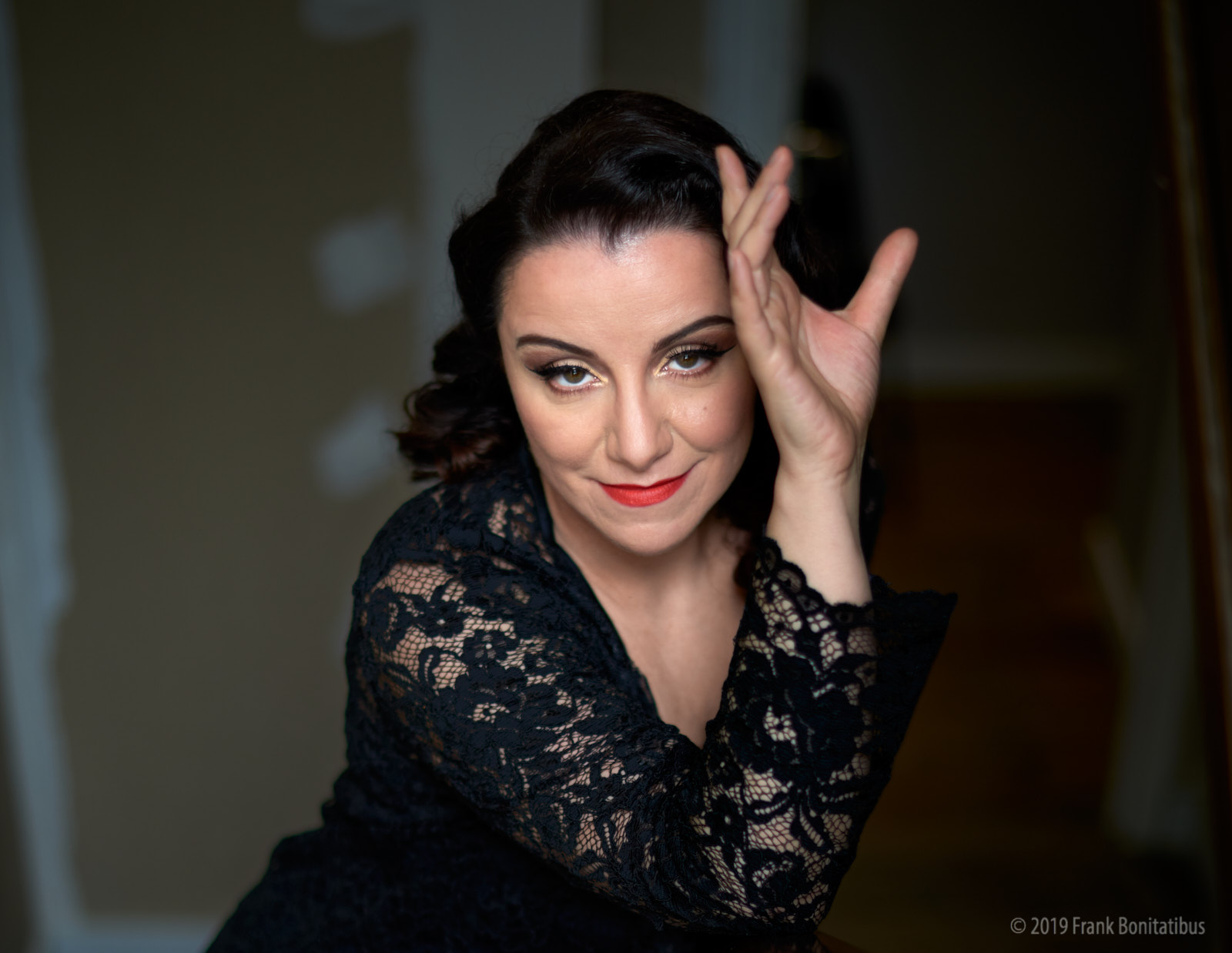Hinreißend virtuos singt Anna Bonitatibus (Enrico) das mit Koloraturen gespickte finale Rondo „Mentre mi brilli intorno“.
ROSSINIMANIA — Cabaret Rossini | Rossini Opera Festival 2018
Agrippina, Handel – The Grange Festival – ✭✭✭✭✭ The Guardian
Bonitatibus, a great artist, gives a terrific central performance, gloriously sung, with recitatives and arias flawlessly integrated into a dramatic whole.
✭✭✭✭✭ The Guardian, Tim Ashley, 06.2018
Agrippina, Handel – The Grange Festival – ✭✭✭✭✭ Bachtrack
Chief amongst these is Anna Bonitatibus as a fiercely confident and vocally agile Agrippina (her opening number “L’alma mia fra le tempeste” was astonishing), whose expressive range fully inhabited a changing persona; her self-doubt in “Pensieri” was as compelling as her fake devotion in “Se vuoi pace, o volto amato”.
✭✭✭✭✭ Bachtrack, David Truslove, 06.2018
